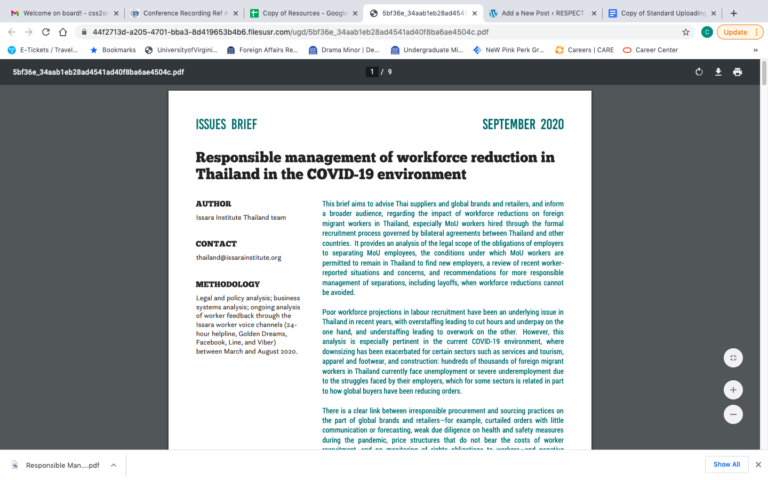Unlocking the Urban: Reimagining Migrant Lives in Cities Post-COVID 19
COVID-19 resourcesPublicationsMigration is not a new phenomenon in India. People have moved across the length and breadth of the country for various reasons, including work. Today, India has a burgeoning urban population, which contributes to about 63% of India’s GDP. A large ...Read More

